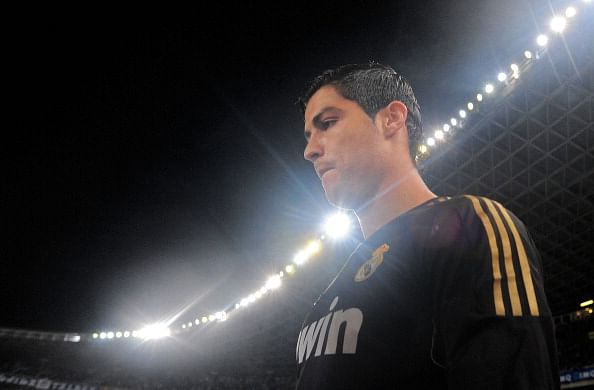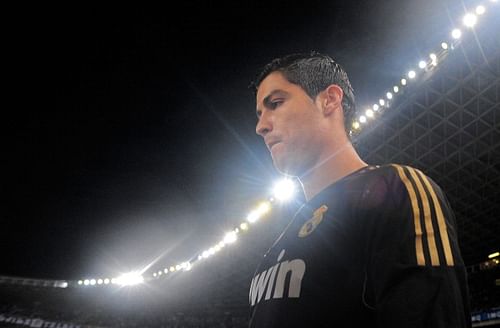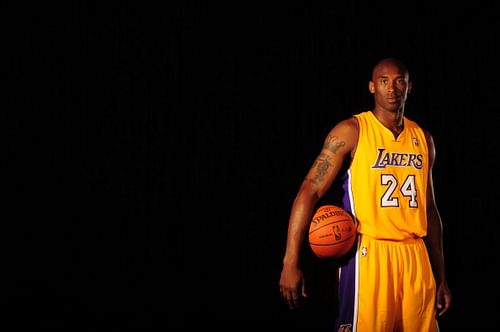
Justifying multi-million dollar salaries for just kicking a ball around

“They are just getting paid to kick a ball around.”
$27.85 million is the amount Kobe Bryant will be paid by the Lakers for the upcoming season. 12 million Euros is the amount Cristiano Ronaldo will receive. All, for playing around with a ball. Are sports stars worth the exorbitant salaries they receive?
There are other players who provide a better bang for buck than Kobe when it comes to on-court numbers. LeBron gives you better numbers than Kobe, but NBA contracts are usually structured so that the players earn more in the final years of their contract, hence the higher figure for Kobe. While the 8 figure salary he gets seems extreme, even a max contract in the hands of Kobe, LeBron, Durant, Griffin, Howard and the like can be seen as underpaying them. Not just in terms of on-court production, take into account the value they add to the franchise off the court. These superstar marquee athletes drive the economy of the sports leagues.
Just getting paid to kick a ball around. The immediate argument which comes to mind against that would be that the players are the best at what they do, and they put in a lot of training to get where they are. Even that doesn’t seem to justify the sky high amount they get. Forget superstars, the average salary of an NBA player hovers around $5 million. In 1957, taking in bonuses, wages and international match fees, a footballer’s income for a year would be £1,600 on average. Average salary in the Premier League in 2012 is roughly £75,000 a week.
Look at it this way. The value that Kobe Bryant has for his team is not just on the court. Ronaldo doesn’t earn his salary only because of what he does on the field for his team. The value of something is only what we, as a society place upon it. There are a lot of obligations placed on a sports star – Jam packed schedule with public appearances, everything you say and do is scrutinized a thousand times over and is open to a hundred different interpretations. Your life is as the Truman Show. You’re a role model whether you like it or not. Charles Barkley didn’t like it. He even pitched an ad saying “I’m not a role model.”
A professional player is just someone who gets paid to kick a ball around. A brain surgeon is just someone who gets paid to dig into your head and heal you. A teacher is just someone who gets paid to talk to a bunch of kids. A lawyer is just someone who gets paid to talk to people like they are a bunch of kids. Just add a ‘just’ and see the difference.
A surgeon can heal your brain. A teacher prepares you for life. Lawyers keep you out of jail. And sports stars open up the world of sports for us. All the positive values associated with sports: teamwork, importance of hard work, the occasional magical moment, a common language. The bounce of the ball, swish of the net; sounds which are louder than any other coherent language. Sports have the power to unite people and these athletes are the faces of sports.

If they were not watched on TV, they wouldn’t get paid that much. If they were not of value to brands, there wouldn’t be endorsements and broadcast rights banking on their persona. Their value to brands is decided by what we, as a society will consume. At the end of the day, athletes are paid what we, as a society determine their value to be. If you think cricket players make obscene amounts of money, it’s because we place a lot of value on their brand. There wouldn’t be a demand for them if we didn’t consume their brand and stand by their endorsements.
If sports stars are overpaid, it is because we feed a market where they can be overpaid. Water is Rs. 12 a liter, a diamond is worth thousands. If you look at the intrinsic value, one is life sustaining and other is just a rock. Yet, we prize one over the other because it is rarer. So are superstars, when you compare them with the number of teachers and doctors in the world.